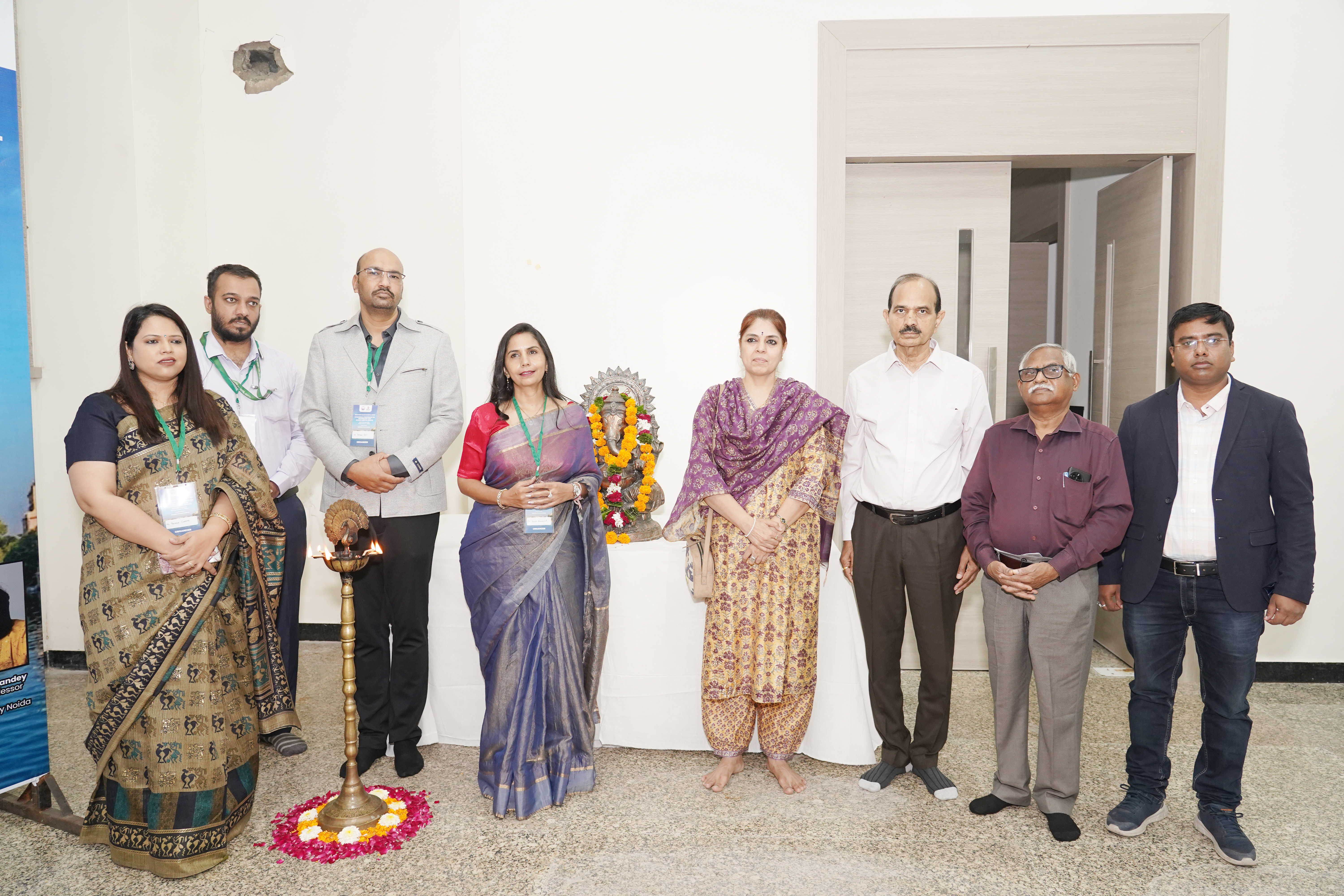Effective Initiatives for Mental Health Awareness Through Digital Technologies
Two-Day National Conference organized by PMCH and Rehabilitation Council of India

Udaipur, In a meaningful effort to initiate dialogue on the sensitive and socially important issue of mental health, a two-day national conference was organized under the joint aegis of Pacific Medical College and Hospital (PMCH) and the Rehabilitation Council of India.
The conference was inaugurated by Udaipur Divisional Commissioner Pragya Keval Ramani, PMU President Dr. M.M. Mangal, PMCH Principal Dr. U.S. Parihar, Head of Clinical Psychology and Conference Chairperson Dr. Deepak Salvi, Conference Secretary Prerna Sharma, Dr. Suniti Amaravat, Swapna Chandel, and other committee members by lighting the lamp before Lord Ganesha.
PMCH Chairman Rahul Agrawal described the event as a revolutionary step in the field of mental health.
Speaking at the inaugural session, Dr. Deepak Salvi highlighted that the conference successfully combined mental health awareness with technological innovation in the medical field. He added that the ideas, research, and experiences presented would not only benefit students and professionals but also pave the way for future advancements in digital mental health services.
Conference Secretary Prerna Sharma stated that the main objective of the event was to promote the use of digital technologies in mental health services, enhance the quality of virtual counseling, and encourage a scientific approach to behavioral addictions.
The speakers described mental health as a silent crisis in society, emphasizing the urgent need for understanding and finding technological solutions.
Prof. (Dr.) Manoj Sharma presented on “Digital Tools for Mental Health,” explaining how digital apps, online modules, chat-based therapies, and AI-driven help tools are revolutionizing the field. He also highlighted how today’s youth are increasingly falling prey to behavioral addictions due to internet overuse, gaming, and social media, underscoring the critical role of schools and parents in prevention.
Ms. Smriti Joshi emphasized that virtual counseling has become a practical solution for both urban and rural populations. However, she noted that challenges like digital literacy and privacy still need to be addressed. She advocated for implementing digital literacy programs in schools, colleges, and workplaces.
Prof. (Dr.) Rejani T.G. elaborated on preventive models such as supported screening tools, online group therapy, and mindfulness apps.
Dr. M.N. Kirmani presented student support programs and teacher training models using digital tools to promote mental health education in schools.
Several researchers also presented their studies on mental health, technology, and counseling services during the conference.
More than 200 participants attended the event, including doctors, students, and experts from the fields of psychology and social work.
साभार :
© CopyRight Pressnote.in | A Avid Web Solutions Venture.






